Selling Your Diamond Ring: A Comprehensive Guide to Finding the Right Buyer
Related Articles: Selling Your Diamond Ring: A Comprehensive Guide to Finding the Right Buyer
Introduction
In this auspicious occasion, we are delighted to delve into the intriguing topic related to Selling Your Diamond Ring: A Comprehensive Guide to Finding the Right Buyer. Let’s weave interesting information and offer fresh perspectives to the readers.
Table of Content
Selling Your Diamond Ring: A Comprehensive Guide to Finding the Right Buyer
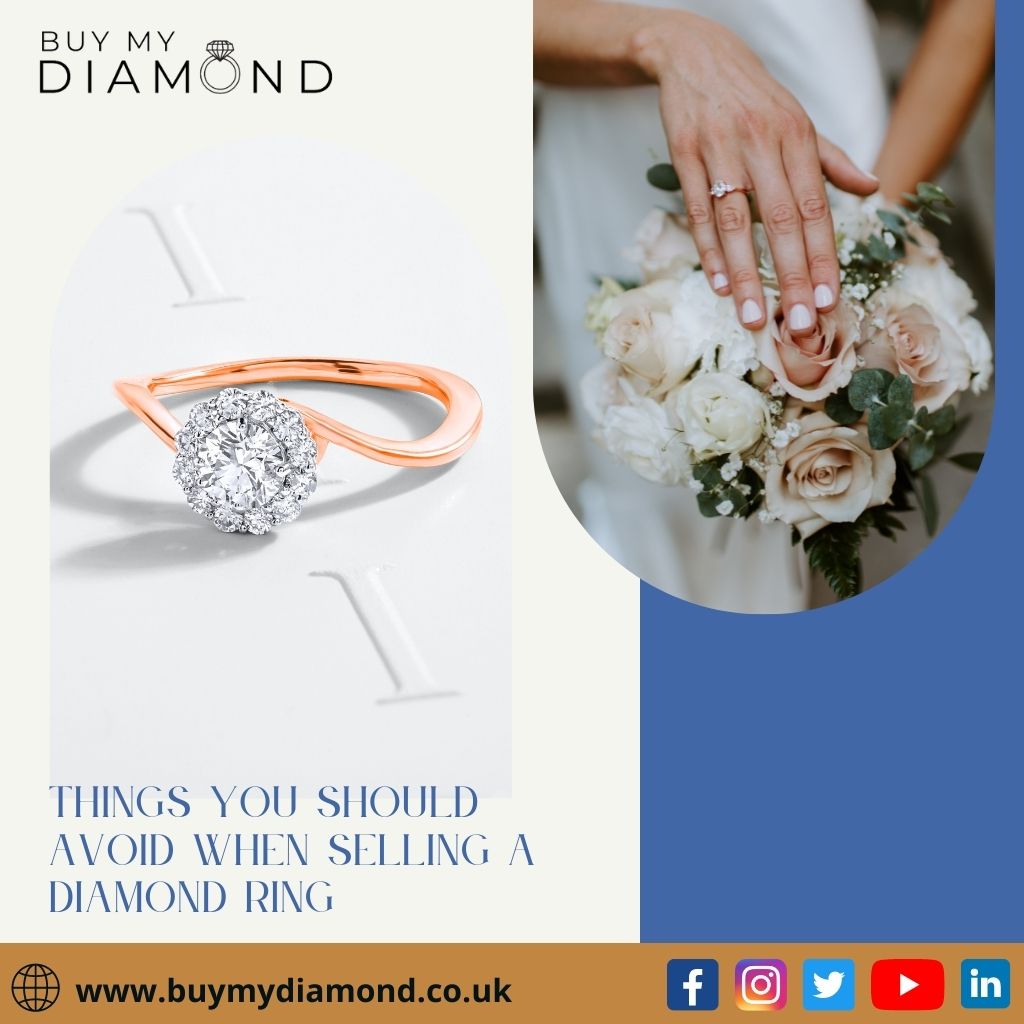
In the realm of precious jewelry, diamond rings hold a special place, often representing milestones and cherished memories. However, life’s circumstances can sometimes necessitate parting ways with these treasured pieces. When the time comes to sell your diamond ring, navigating the process effectively is crucial to ensure a fair and transparent transaction.
This comprehensive guide will illuminate the intricacies of selling your diamond ring, focusing on identifying reputable buyers, understanding the valuation process, and maximizing your return.
Understanding the Market for Diamond Rings
The market for diamond rings is diverse, encompassing a range of buyers with varying needs and motivations. Understanding this landscape is essential for making informed decisions about your sale.
- Jewelry Stores: Many established jewelry stores offer diamond ring buyback programs. These stores typically have experienced gemologists who can assess the value of your ring and provide a competitive offer.
- Pawn Shops: Pawn shops are known for offering quick cash for jewelry, though their valuations may be lower compared to jewelry stores. They often prioritize liquidity and may not offer the same level of expertise in diamond appraisal.
- Online Marketplaces: Platforms like eBay, Etsy, and specialized diamond marketplaces provide a vast audience for your ring. However, online sales involve additional risks, including scams and fraudulent buyers. Thorough research and due diligence are crucial.
- Private Buyers: Direct sales to individuals can potentially yield higher prices, but finding a reliable buyer requires careful vetting and negotiation.
Factors Influencing the Value of Your Diamond Ring
The value of your diamond ring is determined by a complex interplay of factors, including:
- Carat Weight: The weight of the diamond, measured in carats, is a primary driver of value. Larger diamonds are generally more valuable.
- Clarity: Clarity refers to the presence of internal and external imperfections within the diamond. Flawless diamonds are the rarest and most valuable.
- Color: Diamonds are graded on a scale from D (colorless) to Z (yellowish). Colorless diamonds are generally more desirable and command higher prices.
- Cut: The cut of a diamond refers to its shape and proportions, which influence its brilliance and sparkle. Well-cut diamonds reflect light more efficiently, increasing their value.
- Metal: The type of metal used in the ring’s setting, such as platinum, gold, or silver, also impacts its value.
Finding Reputable Buyers Near You
Locating reputable buyers for your diamond ring is paramount to ensuring a fair and ethical transaction. Consider these strategies:
- Local Jewelry Stores: Research jewelry stores in your area with established reputations for buying diamonds. Ask for referrals from trusted sources, such as friends, family, or other jewelers.
- Online Reviews: Utilize online review platforms like Yelp and Google Reviews to gather insights into the experiences of previous customers. Look for consistent positive feedback and avoid stores with numerous negative reviews.
- Industry Certifications: Reputable jewelry stores often hold certifications from organizations like the Gemological Institute of America (GIA) or the American Gem Society (AGS). These certifications signify adherence to ethical and professional standards.
- Professional Appraisal: Before selling your ring, consider getting it appraised by a qualified gemologist. This provides an independent assessment of its value, which can be used as a benchmark for negotiating with potential buyers.
Navigating the Valuation Process
When you present your diamond ring to a buyer, they will conduct an evaluation to determine its worth. This process typically involves:
- Visual Inspection: The buyer will examine the diamond for its clarity, color, and cut. They may use specialized tools like loupes and microscopes for a thorough assessment.
- Diamond Grading: The buyer will assign grades to the diamond based on its characteristics, using internationally recognized grading systems like the GIA scale.
- Metal Testing: The buyer will test the metal of the ring to determine its purity and karat weight.
- Market Research: The buyer will research recent sales of similar diamonds to establish a current market value for your ring.
Tips for Maximizing Your Return
To optimize the value you receive for your diamond ring, consider these tips:
- Clean and Polish: Ensure your ring is clean and polished before presenting it to a buyer. This enhances its appearance and increases its perceived value.
- Gather Documentation: Provide any available documentation, such as the original purchase receipt, grading reports, or insurance appraisals. This documentation can help support the valuation process.
- Be Realistic: Understand that the value of your diamond ring may fluctuate based on market conditions and current demand. Be realistic in your expectations and be prepared to negotiate.
- Shop Around: Don’t settle for the first offer you receive. Compare prices and offers from multiple buyers to ensure you’re getting the best possible deal.
Frequently Asked Questions
Q: What is the best way to sell a diamond ring?
A: The best approach depends on your priorities. For speed and convenience, pawn shops or online marketplaces may be suitable. For a potentially higher price and greater security, established jewelry stores or private buyers are options.
Q: How much can I expect to get for my diamond ring?
A: The price of your diamond ring is determined by its specific characteristics and current market conditions. A professional appraisal can provide an initial estimate of its value.
Q: Is it safe to sell my diamond ring online?
A: Selling online involves risks, including scams and fraudulent buyers. Use reputable platforms, take precautions to verify buyers, and consider using escrow services for secure transactions.
Q: What are the tax implications of selling a diamond ring?
A: Capital gains tax may apply to the profit made from selling a diamond ring. Consult with a tax professional to understand the specific implications for your situation.
Conclusion
Selling your diamond ring requires careful consideration and a well-informed approach. By understanding the market, identifying reputable buyers, and navigating the valuation process effectively, you can ensure a fair and transparent transaction while maximizing your return. Remember to prioritize your safety and security throughout the process, and consult with a qualified gemologist or jewelry professional for guidance.


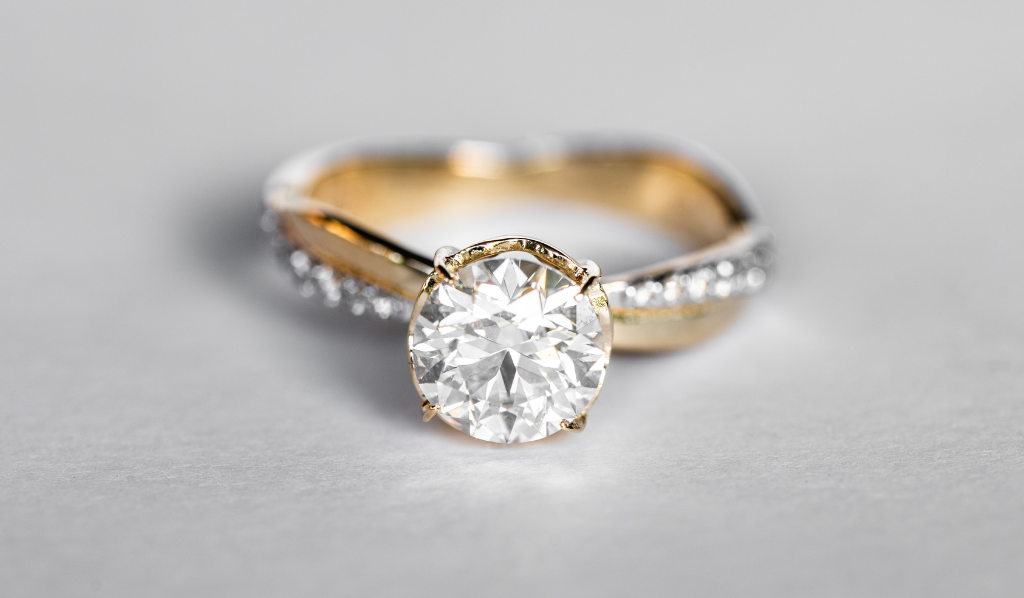
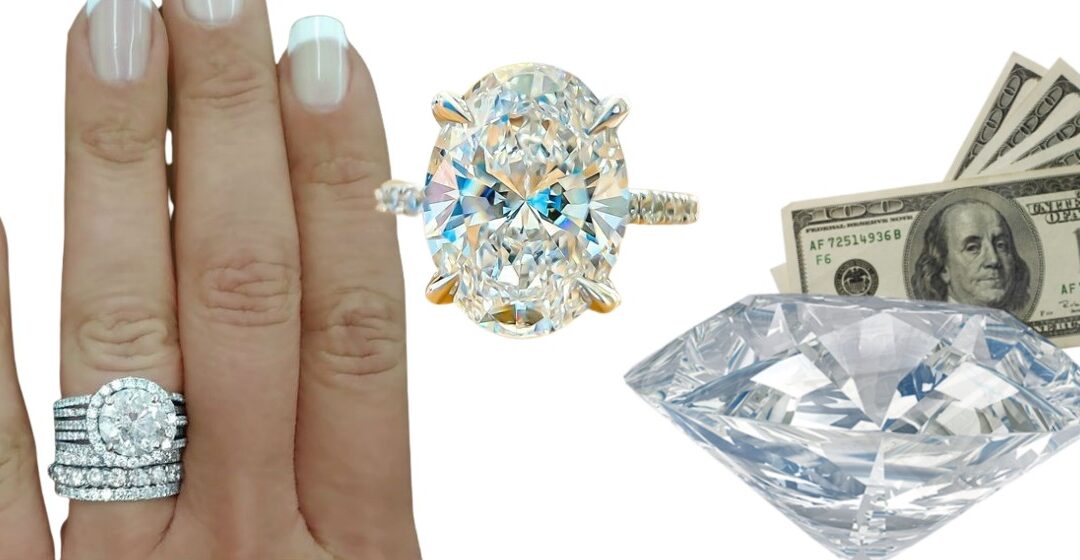
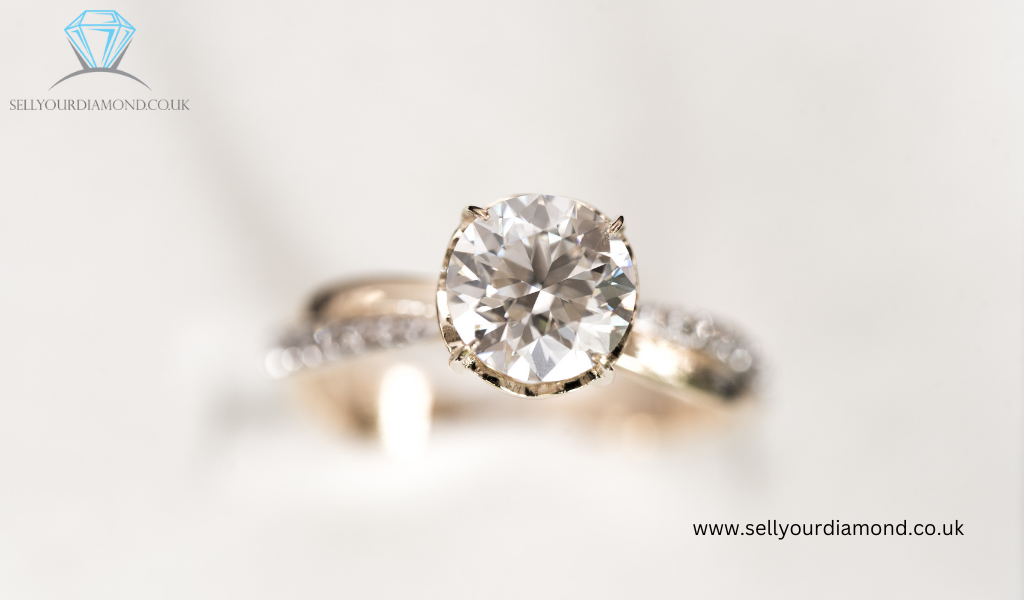


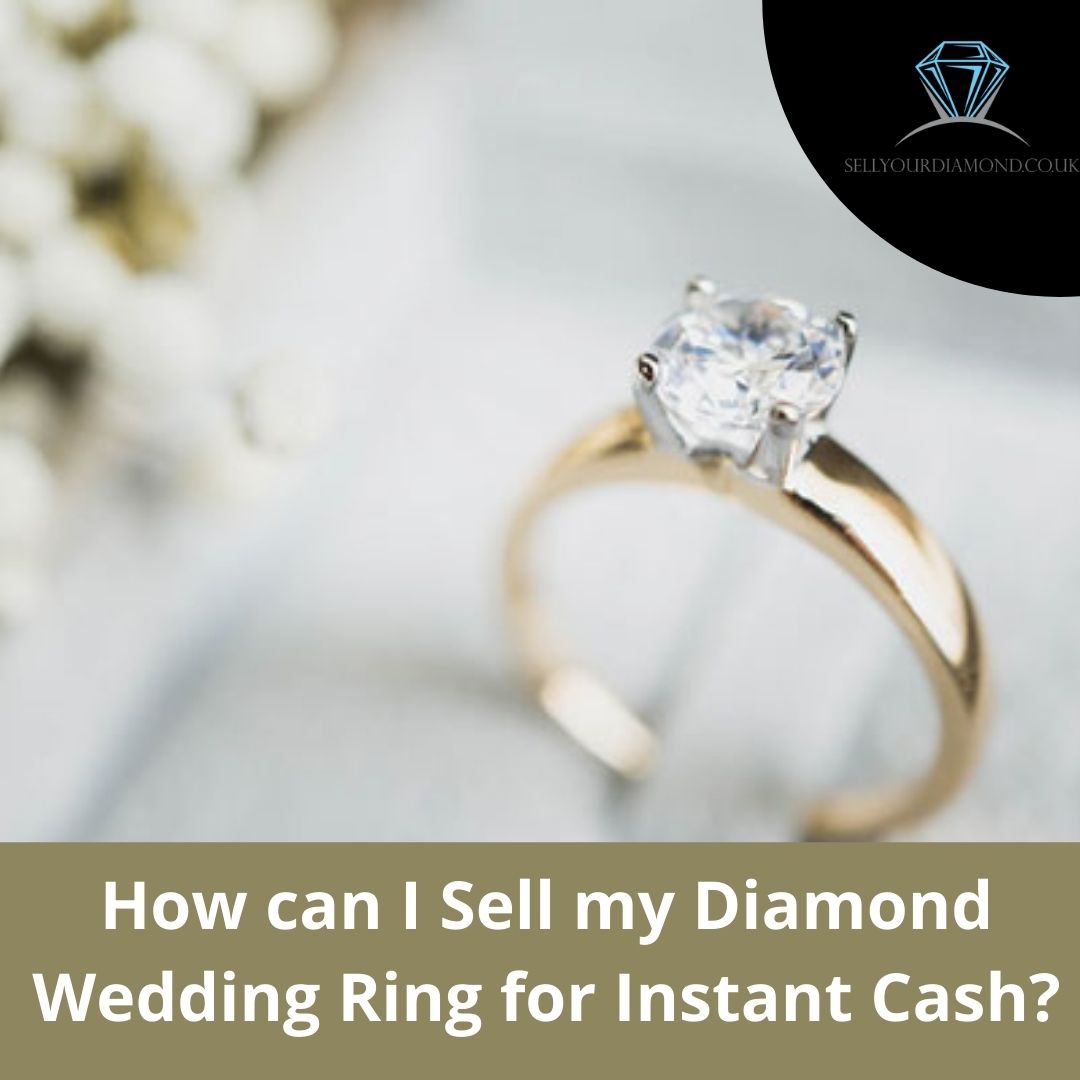
Closure
Thus, we hope this article has provided valuable insights into Selling Your Diamond Ring: A Comprehensive Guide to Finding the Right Buyer. We appreciate your attention to our article. See you in our next article!
